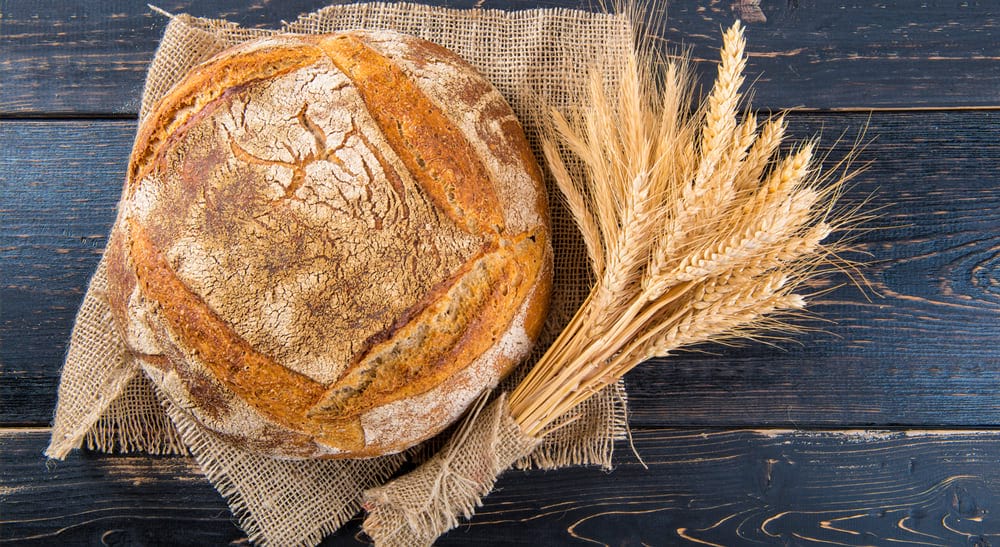By Harriet Mallinson | Published on June 7, 2017
Sourdough bread has exploded onto the restaurant scene in recent years, extolled as allegedly better for you than its oft-vilified relative, processed white bread.
However, new research has suggested that there is in fact no difference between the two varieties – how they affect the human body entirely depends on the person.
Scientists at the Weizmann Institute of Science, London, who carried out a comprehensive, randomized trial in 20 healthy subjects were just as surprised by the findings.
All of the participants in the study normally consumed about 10% of their calories from bread. Half were assigned to consume an increased amount of processed, packaged white bread for a week – around 25% of their calories – and half to consume an increased amount of whole wheat sourdough, which was baked especially for the study and delivered fresh to the participants. After a two-week period without bread, the diets for the two groups were reversed.
Throughout the study, various health effects were monitored: wakeup glucose levels; calcium, iron, and magnesium levels; fat and cholesterol levels; kidney and liver enzymes; and several markers for inflammation and tissue damage.
The investigators also measured the makeup of the participants’ microbiomes before, during, and after the study, which was published in Cell Metabolism.
“The initial finding, and this was very much contrary to our expectation, was that there were no clinically significant differences between the effects of these two types of bread on any of the parameters that we measured,” says Eran Segal a computational biologist at the Weizmann Institute and one of the study’s senior authors.
“We looked at a number of markers, and there was no measurable difference in the effect that this type of dietary intervention had.”
– RELATED: 4 Bread Alternatives That Will Help You Lose Weight –
The study proved that the glycemic response of some of the people in the study was better to one type of bread, and some better to the other type.
About half the people had a better response to the processed, white flour bread, and the other half had a better response to the whole wheat sourdough. The lack of differences were only seen when all findings were averaged together.
“The findings for this study are not only fascinating but potentially very important, because they point toward a new paradigm: different people react differently, even to the same foods,” says Eran Elinav, a researcher in the Department of Immunology at the Weizmann Institute and another of the study’s senior authors.
“To date, the nutritional values assigned to food have been based on minimal science, and one-size-fits-all diets have failed miserably.”
He adds: “These findings could lead to a more rational approach for telling people which foods are a better fit for them, based on their microbiomes.”
However, it should be noted that the study’s results are not conclusive and the study itself was small. British Dietetic Association spokesperson and dietitian, Dr Megan Rossi, told MACROS: “Although an intriguing study, the small number of participants along with the lack of controlling for other foods eaten, limits our ability to translate these findings into our everyday lives.
“It is also worth noting that the breads were matched by available carbohydrates meaning during the sourdough arm the participants were instructed to consume more sourdough bread by weight which contributed to more of their daily calories coming from bread. This may explain the minimal difference observed between the breads. In terms of which bread is best, there is a strong body of evidence to support a greater benefit of wholegrain over white bread for the general population.
“The benefit of choosing wholegrain over white is owing, at least in part, to its higher fiber content, which is key to supporting our gut health. Compared to wholegrain flour, white flour contains 25% less protein, 75% less fibre and is lower in 15 other key nutrients. In saying that including bread in your diet is not necessary to achieve optimal health, you can meet your nutritional needs by including other sources of wholegrains, nuts, seeds, legumes and so on, the choice is always yours.”
Harriet is Editor of MACROS and perfectly capable of eating an entire log of goat’s cheese in one sitting.

